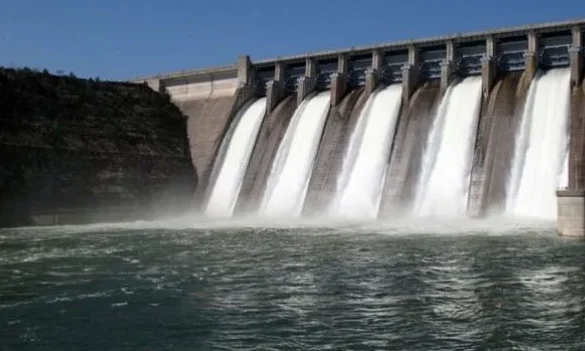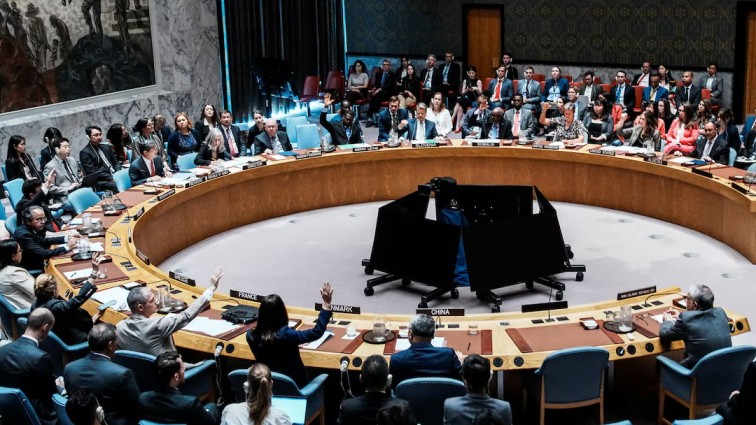
India’s Indus Treaty Suspension a Form of ‘Water Warfare’: Awais Leghari
- Diplomatic News
- April 23, 2025
- No Comment

India’s Indus Treaty Suspension a Form of ‘Water Warfare’: Awais Leghari
Pakistan’s Minister for Power Division, Sardar Awais Ahmed Khan Leghari, has strongly condemned India’s unilateral decision to suspend the Indus Waters Treaty, calling it a blatant act of “water warfare” against Pakistan.
In a sharply worded statement released by the Ministry of Power Division, Leghari criticized the move as illegal, provocative, and irresponsible, warning that such actions could have far-reaching regional consequences.
“India’s reckless suspension of the Indus Waters Treaty is an act of water warfare—a cowardly and illegal move,” the minister stated. “Every drop is ours by right, and we will defend it with full force—legally, politically, and on the global stage.”
Pakistan to Respond on All Fronts
Leghari emphasized that Pakistan would pursue a comprehensive response at every level. He said that the government is already engaging legal, diplomatic, and multilateral channels to ensure that India is held accountable for violating a treaty that has served as a cornerstone of water-sharing cooperation for over six decades.
The minister warned that such unilateral action not only violates international commitments but also undermines regional peace and stability.
Indus Waters Treaty: A Brief Overview
Signed in 1960 under the auspices of the World Bank, the Indus Waters Treaty governs the distribution of river waters between Pakistan and India. It is widely regarded as one of the most enduring water-sharing agreements in the world, even surviving multiple wars and diplomatic tensions.
India’s recent announcement to halt its obligations under the treaty, following the Pahalgam terror attack, has sparked outrage in Islamabad and raised concerns among international observers about escalating hostilities.
Call for International Attention
Minister Leghari urged global powers and international organizations to intervene and uphold international law, stressing that weaponizing water would set a dangerous precedent for conflict-prone regions worldwide.
“This is not just a bilateral issue; it’s a matter of global water security and international law,” he added.







